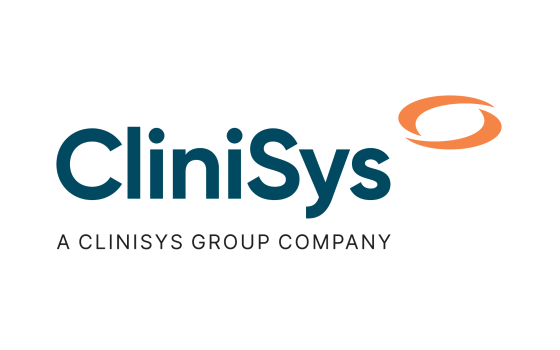
CliniSys Group
As the world looks to improve public health now and after the pandemic, Mark will work closely with the senior leadership team to realise CliniSys' vision to support its customers both inside and beyond the walls of the clinical laboratory to embrace a new wave of community laboratories and digital diagnostics in healthcare, toxicology, agriculture, water and environmental testing.
The appointment follows CliniSys' recent acquisition of HORIZON Lab Systems and merger with Sunquest Information Systems. Mark will play a critical role in integrating these business lines and product offerings to help organisations and governments globally better fight disease.
"CliniSys is at an exciting stage of growth after its recent M&A activity, priming it to deliver the integrated and holistic laboratory diagnostics that will drive the next wave of innovation in disease surveillance and tracking," said Mark Spencer. "That is why I am looking forward to returning to the company and driving the strategies that will accelerate our growth in key regions globally."
A former manager at Sunquest, Mark rejoins from Abbott Informatics, where he led the successful growth of its former laboratory information management system (STARLIMS). Mark began his career in the military, serving six years as a management engineer in the United States Air Force.
"Mark brings with him a deep knowledge of healthcare and technology, and a wealth of experience leading an impressive list of successful business transformations in the sector," said CliniSys CEO Michael Simpson. "We are delighted to have him on board for this next stage in our growth."
About CliniSys
CliniSys, headquartered in Chertsey, England and Tucson, Arizona, is one of the largest provider of laboratory information systems, order entry and result consultation, and public health solutions in disease surveillance and outbreak management across the United Kingdom, Europe, and the United States. For 40 years, successfully specialising in complex and the wide scale delivery of comprehensive laboratory and public health solutions in over 3,000 laboratories across 34 countries using CliniSys solutions.Our combined cross-discipline expertise provides customers with solutions to support laboratory workflow across clinical, histology, molecular, genetics, including order management, reporting and results delivery. Additionally, we serve laboratories in environmental testing, water quality, agriculture, and toxicology.